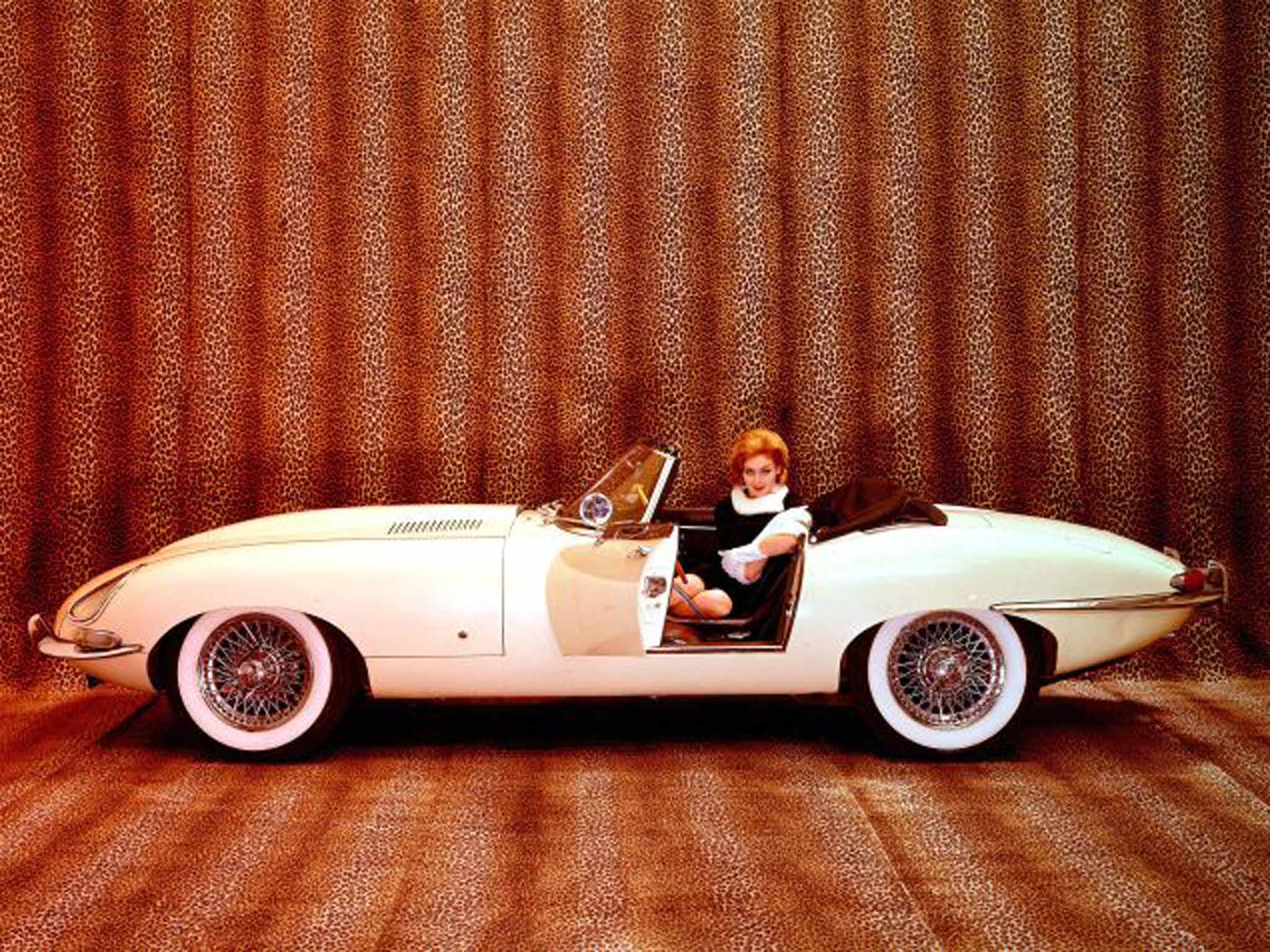Let's put the fantasy back into travel
Something to declare

Your support helps us to tell the story
From reproductive rights to climate change to Big Tech, The Independent is on the ground when the story is developing. Whether it's investigating the financials of Elon Musk's pro-Trump PAC or producing our latest documentary, 'The A Word', which shines a light on the American women fighting for reproductive rights, we know how important it is to parse out the facts from the messaging.
At such a critical moment in US history, we need reporters on the ground. Your donation allows us to keep sending journalists to speak to both sides of the story.
The Independent is trusted by Americans across the entire political spectrum. And unlike many other quality news outlets, we choose not to lock Americans out of our reporting and analysis with paywalls. We believe quality journalism should be available to everyone, paid for by those who can afford it.
Your support makes all the difference.Who was not impressed by recent photos of a Japanese artist – known in rough translation as Naughty Girl – sitting in a bright yellow plastic kayak whose design was, and there is no way of avoiding saying this, based on a detailed model of her vagina? To my mind, kayaking is quite dangerous enough without the added existential horror of sitting inside a giant, 3-D printed impression of the body part which Gustave Courbet described as "l'origine du monde".
This started me thinking about symbolism in transport design. The Jaguar E-type is always claimed to be phallomorphic, but I think it is essentially more feminine in shape. Trains can be symbolic too. On our recent trip to Japan, my wife and I debated whether the Shinkansen was more like a serpent, a squid, or an enraged samurai.
Symbolism is the transaction of one thing suggesting another. So it's specially appropriate in any discussion of leisure travel where very little is ever exactly as it seems. Instead, whatever type of leisure interests us, I am convinced that the prime mover is our appetite for fictions and narrative.
The deceptively simple question "Why do we travel?" was up for a debate at a recent meeting of the Independent Transport Commission. I was one of the debaters. Although I travel a lot, I wanted to argue that incentives for travel are diminishing as globalisation forces a lowering homogeneity in most of our experiences. My counterpart was the Oxford biochemist, Charles Pasternak, a nephew of the author of Dr Zhivago.
Our venue was Rem Koolhaas's new HQ for Rothschild in the City of London. Vast windows frame enormous views: the power stations of global capitalism soar up in the foreground. We could see jets leaving City Airport and others approaching Heathrow. From this perspective, the answer to the debate's question could only have been "to stuff your boots with money".
But we were more sophisticated. Using data and maps of dispersion patterns from the Rift Valley, the elegant Dr Pasternak argued that travel is inspired by an innate "curiosity" that is a defining characteristic of humanity. Only when we got off our simian butts, left the cave and went exploring, were we on the path to inventing Pringles and the internet.
I said, perhaps a little more glumly, that my experience of Prague on a Friday night – with Wenceslas Square full of beer-swilling oiks – did not persuade me that intellectual curiosity was the motivation for being there.
The Permanent Secretary boldly attempted a summing-up of extreme positions. There was Dr Pasternak's benign insistence on the right to explore. There was my more nuanced case that because we are able to move large numbers of people from one place to the next, does not necessarily mean it's a good thing to do so.
I adore travel, but I don't think "curiosity" is its most important factor. Instead, I think it is fantasy. Much enchantment has been drained from the travelling experience. I wish there were more dreams and more surprises (of the amusing sort). This is why Naughty Girl's canoe was so arresting.
Join our commenting forum
Join thought-provoking conversations, follow other Independent readers and see their replies
Comments